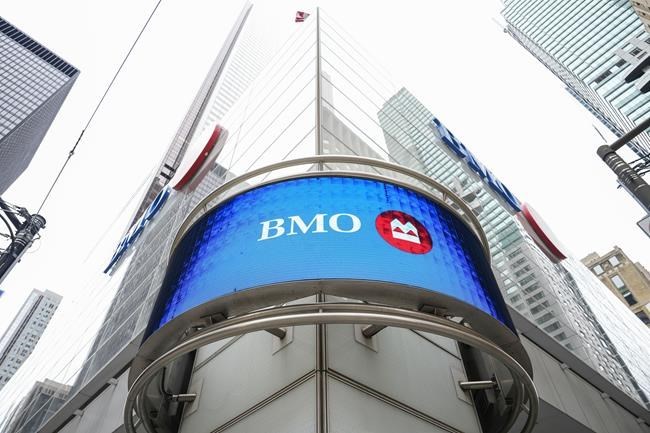OTTAWA — Forecasters anticipate Canada's inflation rate took another dip in October as gasoline prices fell from the previous month and grocery prices rose more slowly.Â
Statistics Canada is set to release its consumer price index report Tuesday morning, ahead of the federal government's fall economic statement that will come in the afternoon.Â
Canada's inflation rate came in at 3.8 per cent in September.
BMO expects the annual rate to come in at 3.2 per cent for October.
BMO chief economist Douglas Porter said even though there was upward pressure on oil prices, gasoline prices actually fell by about seven per cent in the month of October, from the prior month.Â
"We also think that food prices and grocery prices are slowly but surely moderating," Porter said.
"You know, it's not like they're falling, but they're just adding less to inflation than they had been in the past."
Porter said the factor that's going to be holding inflation up will be shelter costs.Â
"Rent obviously has a lot of momentum, mortgage interest costs are still, you know, rolling higher. So they'll likely keep the inflation rate above three per cent," he said.
RBC is forecasting the annual inflation rate fell to 3.1 per cent in October.
"Much of that growth is still coming from surging mortgage interest costs that are a direct result of Bank of Canada interest rate increases," RBC assistant chief economist Nathan Janzen and economist Abbey Xu wrote in a Nov. 17 report they co-authored.
An overall decline in inflation would be welcome news for the Bank of Canada as it looks for evidence of a sustained slowdown in consumer price growth.
The central bank opted to hold its key interest rate steady at five per cent at its last two decision meetings, largely due to recent weak economic data, but maintained it is prepared to raise rates again if needed to bring inflation under control.
In a speech earlier this month, Bank of Canada senior deputy governor Carolyn Rogers warned interest rates might not return to the low levels people were used to before the COVID-19 pandemic.
According to her prepared remarks, Rogers said structural changes to the global economy, such as a shift from saving to spending by baby boomers entering retirement, could lead to higher interest rates.
Higher levels of government debt and geopolitical risks such as the war between Israel and Gaza could also push rates higher, she said.
Bank of Canada governor Tiff Macklem is scheduled to give a speech on Wednesday to the Saint John Region Chamber of Commerce on the high cost of inflation, while the central bank's final interest rate decision for the year is set for Dec. 6.
This report by The 91Ô´´ Press was first published Nov. 20, 2022.Â
The 91Ô´´ Press



